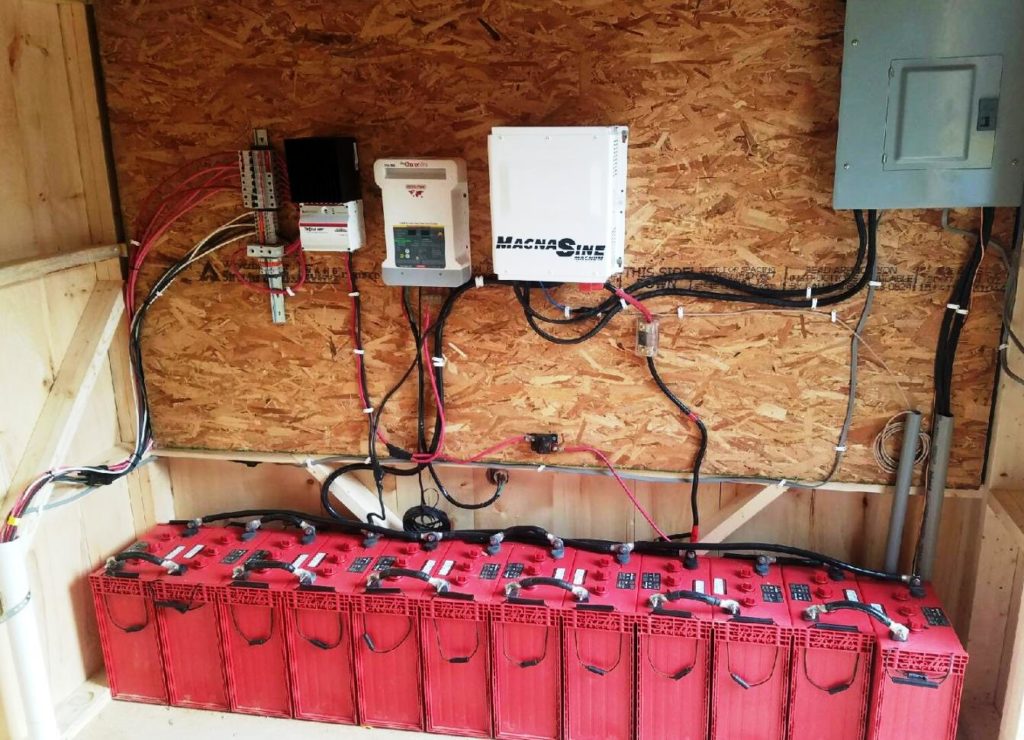Power outages and brownouts result from infrastructural deficiencies, branch and tree falls, and more destructive events, most notably slope failures. Outages are a nuisance to residents and in combination with brownouts a threat to sensitive electronic devices and electrical appliances.
Battery backup systems provide for uninterrupted power supply and regulation. Contemporary switching enables power inverters to switch to backup battery power within milliseconds and provide for uninterruptible power during blackouts. Homeowners with such systems are commonly unaware of an outage until trying to use an appliance not placed on battery backup due to high power demand (refrigerator, clothes dryer, hot water, air conditioning) or considered non-emergency (pool and jacuzzi pumps, dehumidifiers, laundry).

The cost of battery backup systems vary as a function of the hours of reserve desired and the peak demand that is to be expected during outages and varies as a function mostly of battery bank capacity and to a lesser degree on the capacity of the inverter.
Robust battery backups for medium-sized American-style homes cost around $8000. For mansions, where 48-volt systems are more appropriate, costs rise to around $20,000. For comparable battery backup of grid-tie systems with circuitry and switching to enable grid-tie solar panels to feed the batteries instead for extended outage coverage, costs rise to around $30,000.
